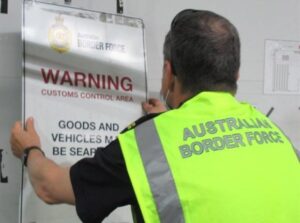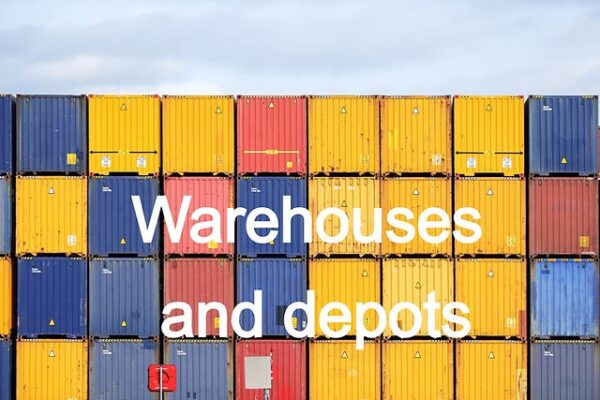Customs Warehouses are places licensed by the Australian Border Force (ABF) and used by importers for longer term storage of goods that have not yet been cleared for home consumption, which allows for deferring the payment of import duty and taxes.
These depots warehouses are licensed the ABF under section 79 of the Customs Act 1901. The holder of a warehouse licence is responsible for the safe custody and accounting of these goods to the satisfaction of the ABF.
Activities permitted in such warehouses are limited to protect both the security of the goods and the revenue payable to the government. Approved activities may include storage, blending, unpacking, repacking and packaging of certain types of goods. Activities that involve ‘value adding’ are not permitted in a warehouse.
This week the ABF has issed Australian Customs Notice No.2022/46:
“New Obligations on Customs Depot and Warehouse Licences.”
The purpose of the notice is to inform existing customs depot and warehouse licence holders that additional conditions come into effect on 01 November 2022.
The additional conditions are imposed by the Comptroller-General of Customs and will apply to all depot licences under section 77Q of the Customs Act 1901 (the Act) and will apply to all warehouse licences (including duty free shops) under section 82A of the Act.
This Notice supersedes all previous Notices that outline obligations on customs depot and warehouse licences.
Background
The Australian Border Force (ABF) has undertaken an annual review of all additional conditions on customs depot and warehouse licences in order to:
· Strengthen existing controls within the supply chain.
· Inclusion of the expanded fit and proper regime
· Alignment of compliance controls for licence holders with the Excise Act 1901.
Types of Conditions
The additional conditions are categorised into the following:
- Statutory Conditions
- Additional Conditions
- Specific Conditions
Specific conditions are only applicable to certain categories of licences. These conditions are imposed under section 77Q of the Act for customs depot licences and section 82A of the Act for customs warehouse licences. Depending on the customs licence type, certain specific conditions may apply to reflect the operating environment. In the respective attachments to the new notice, specific conditions are marked to each licence type.
Examples of licence types are:
· Duty Free Shops
· Provedores
· Catering Bonds
· Off-Airport Cargo Terminal Operators
Communications from customs depot and warehouse licence holders can be addressed to the ABF in relation to any matters referenced to in the obligations outlined in the notice, quoting the respective licence number.
Complying with notification requirements.
Failure to meet any condition(s) of the licence constitutes a breach under section 77R or section 82C of the Act (depots and warehouses respectively). Breaching these sections of the Act can result in an infringement notice being issued, prosecution in court, further conditions being placed on the licence or the cancellation of the licence.
For the full 29-page document in PDF, click this LINK.
For information on all aspects of transport, storage and Customs clearance, contact us here at Colless Young. We have relationships with all the right service providers to coordinate shipping, trucking, lifting and warehousing. As licensed Customs Brokers and International Freight Forwarders, we handle your consignments professionally, both import and export. We are based in Brisbane and offer a complete range of logistics services, by airfreight and sea cargo, through all Australian ports and airports.


